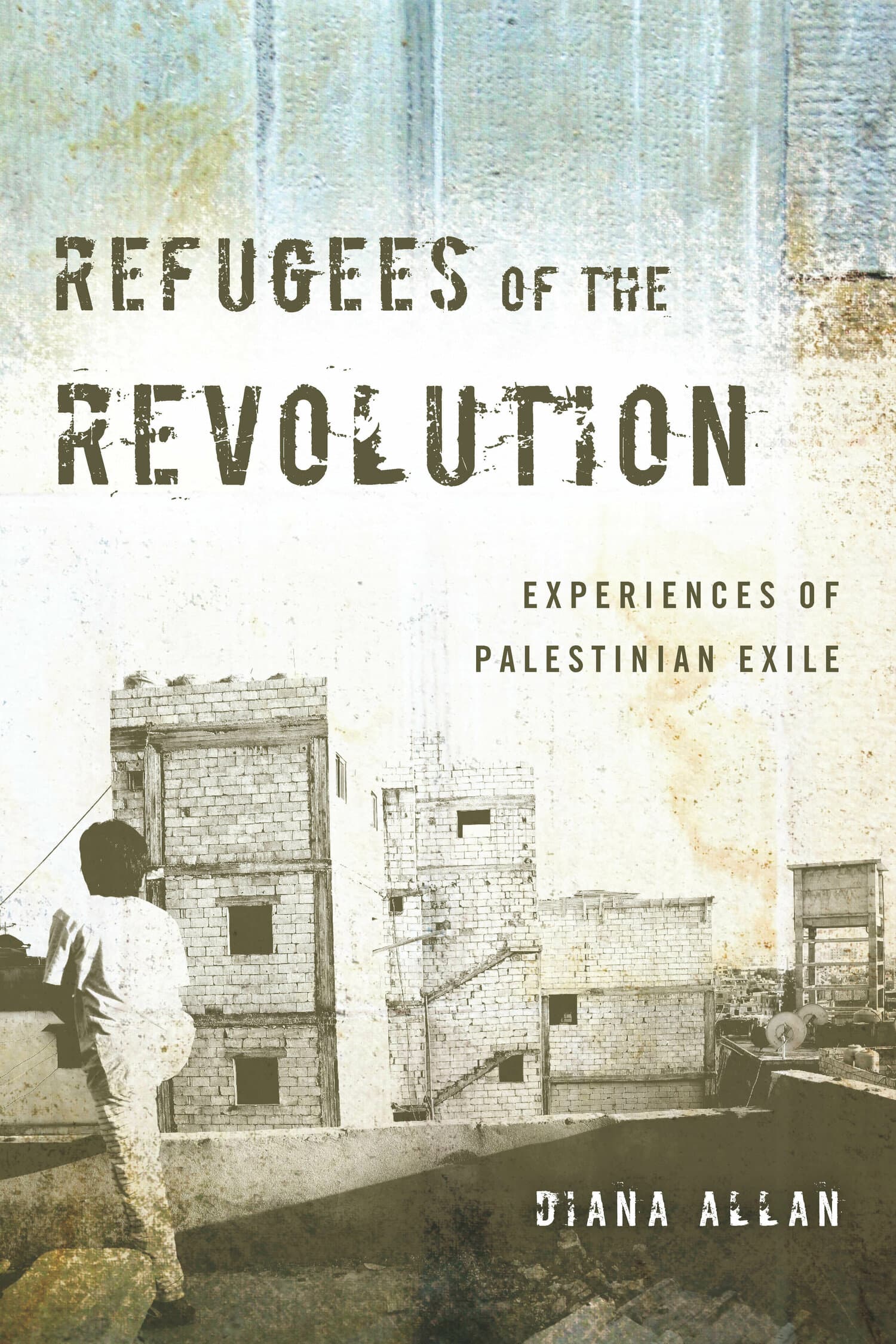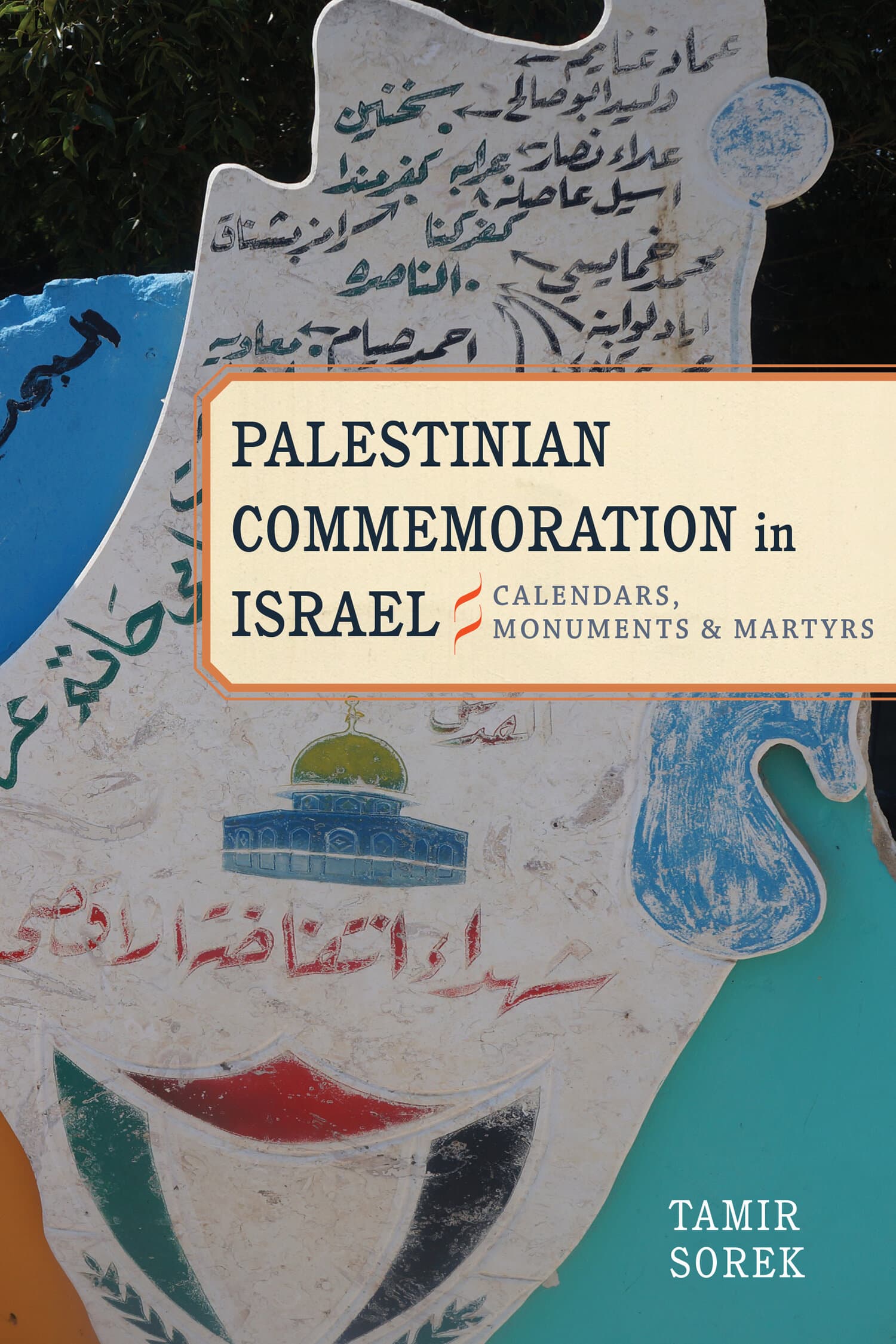Palestinian Village Histories
Award Winner
2011: Albert Hourani Book Award
Co-winner of the 2011 Albert Hourani Book Award, sponsored by the Middle East Studies Association.

Throughout modern-day Israel, over four hundred Palestinian villages were depopulated in the 1947-1949 war. With houses mostly destroyed, mosques and churches put to other uses, and cemeteries plowed under, Palestinian communities were left geographically dispossessed. Palestinians have since carried their village names, memories, and possessions with them into the diaspora, transforming their lost past into local histories in the form of "village memorial books". Numbering more than 100 volumes in print, these books recount family histories, cultural traditions, and the details of village life, revealing Palestinian history through the eyes of Palestinians.
Through a close examination of these books and other commemorative activities, Palestinian Village Histories reveals how history is written, recorded, and contested, as well as the roles that Palestinian conceptions of their past play in contemporary life. Moving beyond the grand narratives of 20th century political struggles, this book analyzes individual and collective historical accounts of everyday life in pre-1948 Palestinian villages as composed today from the perspectives of these long-term refugees.
"[Palestinian Village Histories] presents a new angle on the refugee experience . . . Eschewing received wisdom, Davis has written a thought-provoking book that attests to the Palestinians' resourcefulness and determination to hold on to their history and right to return."—Sally Bland, The Jordan Times
"The study intertwines ethnography with anthropological theories, concluding with an examination of the role of memory in writing history . . . An added bonus to the book is the extensive bibliography that will serve the serious student well for further study."—Sanford R. Silverburg, AJL Reviews
"In this delightful book, Davis brings to light not only how the landscape of Palestine was reconfigured but how it continues to live in the present, a mobile form of imagining, shaping identities and longings. With an observant eye and a keen ear, Davis provides insightful reflections on how, in the process of colonial state building and the violent transformation of landscape, local forms of knowledge and ways of knowing place are carried into exile. A voluminous body of ethnographic and literary material provides poignant insight into how, in exile, Palestinians move between past and present, here and there, and then and now."—Julie Peteet, author of Landscape of Hope and Despair: Palestinian Refugee Camps
"Davis has written a nuanced and highly readable account of how Palestinians write their own histories and in the process craft strategies for the future. Drawing on research in half a dozen countries, this book is essential reading for anyone interested in Palestinians."—Rhoda Kanaaneh, author of Surrounded: Palestinian Soldiers in the Israeli Military




